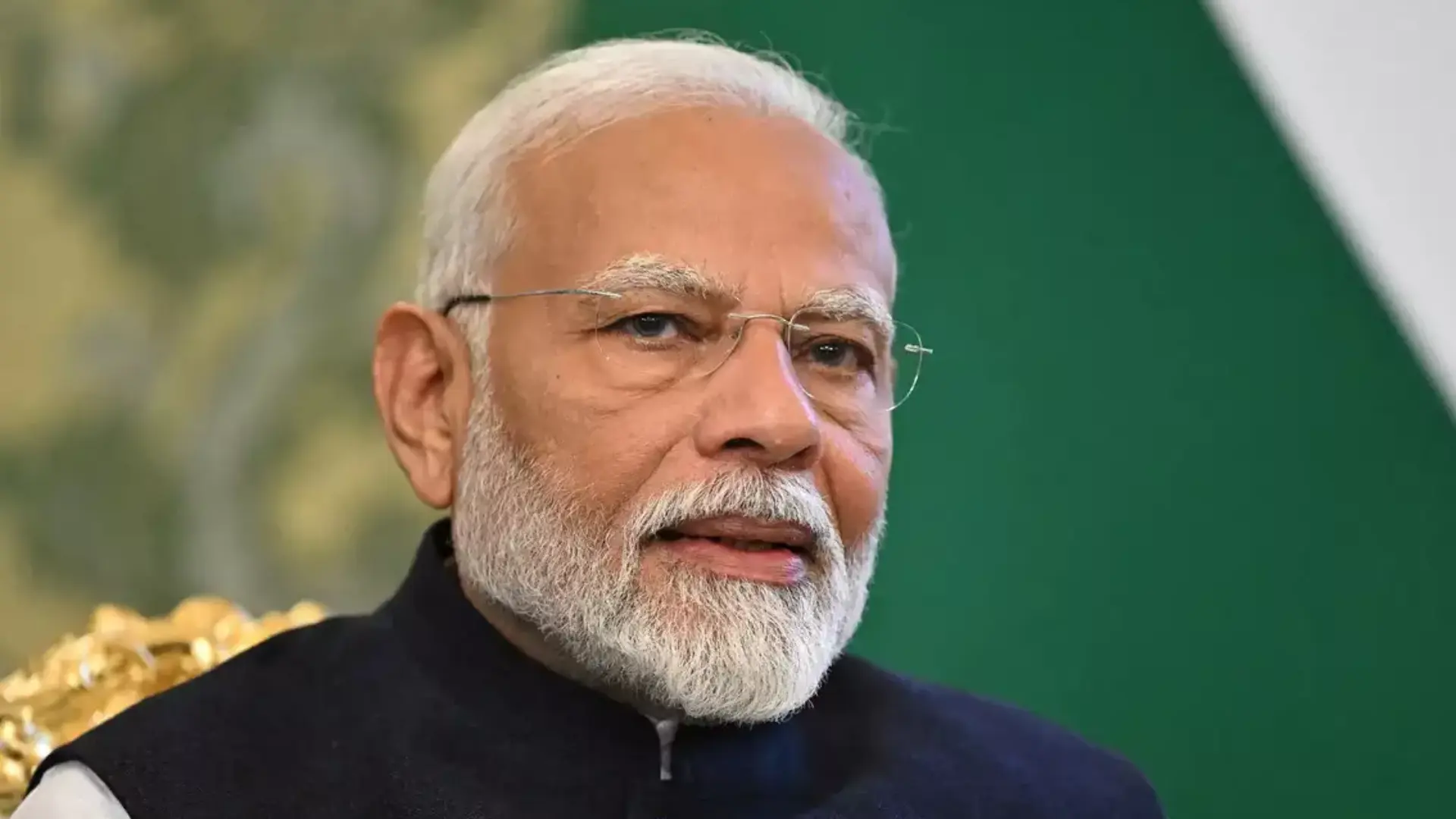. Representing the All India Students' Association (AISA), Dhananjay's victory symbolizes a breakthrough in promoting diversity and inclusivity within the JNU university's leadership ranks.
Dhananjay, representing the All India Students’ Association (AISA), clinched victory in the Jawaharlal Nehru University Students Union (JNUSU) presidential race, securing 2,598 votes against the Akhil Bharatiya Vidyarthi Parishad’s (ABVP) Umesh C Ajmeera.
Here are several noteworthy aspects highlighting Dhananjay’s journey and significance:
- Trailblazing Triumph: Dhananjay’s win as the first Dalit president of JNUSU in nearly three decades marks a groundbreaking moment in the university’s history. His election breaks through barriers, showcasing a shift towards more diverse and representative leadership within the campus community.
- Upholding Ideals: Representing the All India Students’ Association (AISA), Dhananjay’s victory reflects a commitment to progressive values and social justice principles. His platform resonated with students, emphasizing the need to address pressing issues such as rising educational costs and campus infrastructure challenges.
- Academic Pursuits: Hailing from Gaya, Bihar, Dhananjay’s academic journey underscores his dedication to scholarly pursuits. As a Ph.D. student in the School of Arts and Aesthetics at JNU, his scholarly background positions him well to advocate for educational reforms and student welfare initiatives.
- Advocacy Agenda: During his campaign, Dhananjay voiced concerns over the financial burdens imposed on students due to Higher Education Funding Agency (HEFA) loans. He also pledged to prioritize critical issues like access to clean water, healthcare facilities, and improved campus infrastructure, demonstrating his commitment to addressing the practical needs of the student body.
- Symbol of Change: Dhananjay’s ascendancy to the presidency symbolizes a broader societal shift towards greater representation and inclusion of marginalized voices in leadership positions. His win sends a powerful message of empowerment and signals the university’s commitment to fostering a more equitable and inclusive environment for all students.
In conclusion, Dhananjay’s election as JNUSU president represents more than just a political victory—it embodies a transformative moment in the university’s journey towards embracing diversity, equity, and progress. As he assumes his new role, Dhananjay has the opportunity to champion the interests of all students and drive positive change within the JNU community.

















